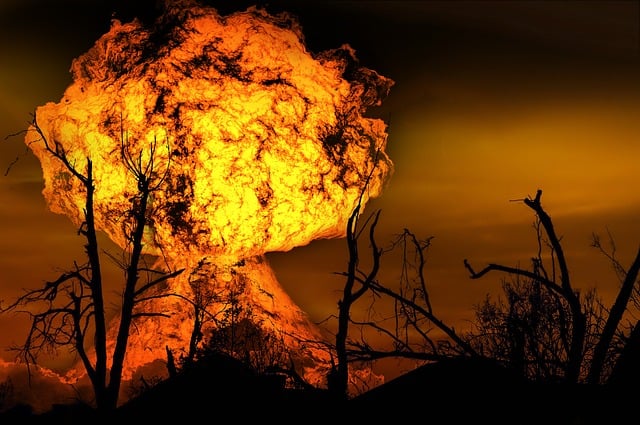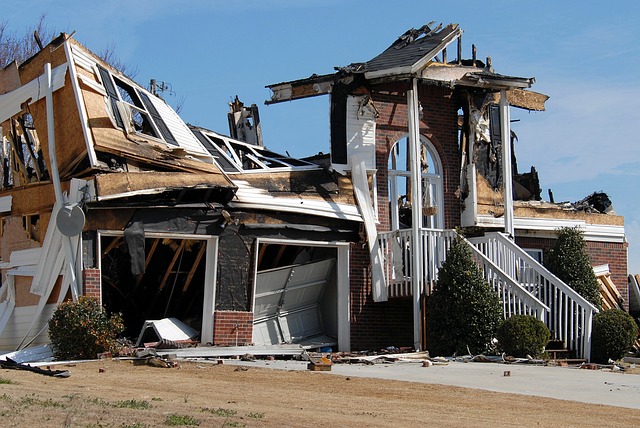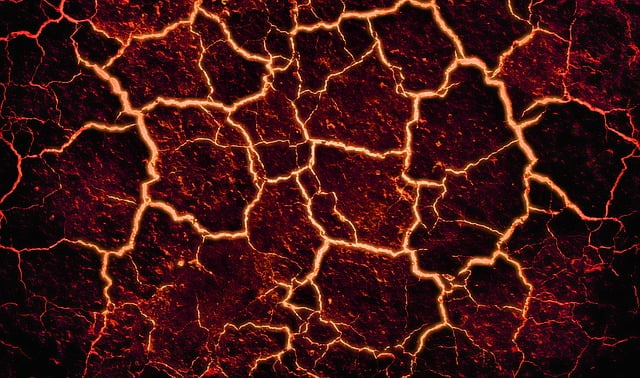Selling a home with fire damage in California requires adhering to stringent legal guidelines focused on safety, disclosure, and ethical practices. Homeowners must assess damage, engage professionals for repairs, obtain necessary permits, and disclose any material defects, including fire history, to potential buyers transparently. Compliance with state regulations, proper documentation, and consultation with specialized agents or lawyers are crucial steps to successfully sell a property with fire damage in California while maximizing post-renovation value and fostering buyer trust.
“California’s housing market presents unique challenges, especially when dealing with properties that have sustained fire damage. This comprehensive guide aims to demystify the state’s regulations and legal frameworks surrounding these scenarios. We’ll explore how fire damage impacts real estate sales in CA, offering insights on disclosure requirements and repair processes. Whether you’re a seller or buyer, understanding these regulations is crucial when navigating the complexities of selling a house with fire damage.”
- Understanding California's Housing Regulations: A Comprehensive Overview
- Fire Damage and Real Estate: Legal Considerations for Sellers
- The Process of Repair and Disclosure for Fire-Damaged Properties
- Common Pitfalls and Best Practices for Selling a Damaged Home in CA
Understanding California's Housing Regulations: A Comprehensive Overview

California’s housing regulations are designed to ensure safety, accessibility, and fair practices in real estate transactions. When it comes to selling a property with fire damage, understanding these rules is crucial. The state has specific guidelines for repairing and documenting such properties to ensure they meet safety standards before going on the market.
Homeowners or sellers must assess the extent of the fire damage and hire licensed professionals for repairs. This process involves obtaining permits, following building codes, and ensuring the property meets structural integrity requirements. Additionally, any significant renovations or alterations should be documented through as-built drawings to comply with California’s housing regulations, especially when selling a house that has sustained fire damage.
Fire Damage and Real Estate: Legal Considerations for Sellers

Selling a home with fire damage in California involves navigating specific legal considerations to ensure a smooth transaction. If a property has experienced fire harm, potential buyers will want transparency about the extent and nature of the damage. Sellers must disclose any known issues related to fire damage, including the source, scope, and repairs undertaken or planned. Failure to do so could lead to legal repercussions, as California law mandates full disclosure of material facts in real estate transactions.
Knowing the local regulations is crucial when selling a home with fire damage. Sellers should consult with real estate professionals and attorneys to understand the legal requirements for disclosure and repair. While some damages may be reparable, buyers often prefer homes that are fully restored, which can impact negotiations. Proper documentation of repairs, assessments, or appraisals related to the fire damage can help demonstrate a seller’s diligence in addressing these concerns.
The Process of Repair and Disclosure for Fire-Damaged Properties

In California, if you’re considering selling a property with fire damage, understanding the repair and disclosure process is crucial. The first step for homeowners is to assess the extent of the damage and hire licensed professionals to conduct repairs. This not only ensures the safety of future occupants but also increases the home’s market value post-renovation. It’s important to note that even minor fire damage can affect a property’s resale value, so comprehensive repairs are essential.
Once repairs are complete, California law requires sellers to disclose any known material defects, including fire damage, to potential buyers. This transparency helps foster trust and prevents legal issues down the line. Sellers must provide detailed information about the incident, the extent of the damage, and the repair work undertaken, ensuring that all necessary documentation is in order before putting the property back on the market.
Common Pitfalls and Best Practices for Selling a Damaged Home in CA

When trying to sell a home with fire damage in California, understanding common pitfalls is crucial for a successful transaction. One major challenge is navigating the regulatory landscape; strict building codes and safety standards can make repairs complex and costly. For instance, if your house has sustained significant structural damage from a fire, ensuring compliance with local guidelines for rebuilding may be necessary before listing it for sale. It’s important to consult with professionals who are familiar with these regulations to avoid delays or legal issues.
To mitigate potential problems, adopt best practices such as documenting the damage accurately and thoroughly. Take detailed photos and keep records of any repairs made prior to putting your property on the market. Transparency is key; disclose any known issues to potential buyers to foster trust and prevent future disputes. Additionally, consider engaging a real estate agent or lawyer who specializes in post-disaster home sales to guide you through the process, ensuring compliance with California’s unique requirements when selling a damaged home.
California’s housing regulations, particularly regarding fire-damaged properties, are designed to protect both sellers and buyers. While selling a house with fire damage in California may present challenges, understanding the legal considerations, repair processes, and best practices can streamline the transaction. Remember that transparent disclosure and adherence to local guidelines are crucial for a successful sale. If you’re considering selling a property with fire damage, consult professionals to ensure compliance with California’s specific regulations, thereby attracting buyers who appreciate thorough repairs and honest disclosures.






